More than 50 years ago, Lydia Hwitsum, whose traditional name is Xtli’li’ye, regularly splashed and played in Quamichan Lake. Now, the Vancouver Island lake suffers from rampant toxic algae blooms brought on by human development.
Its deterioration serves as fuel for Hwitsum’s relentless work to bring First Nations and settler governments together to protect the natural world.
“My grandchildren can't swim in the same lake I happily splashed in. [As a child] I got water in my mouth and swallowed it. Right now, you might have to go get medical treatment if that happened,” Hwitsum said.
A former Chief of the Cowichan Tribes First Nation, Hwitsum, 60, is leading a decades-long career that has carried her into leadership roles at many esteemed organizations dedicated to First Nations’ health, justice, water and fisheries.
During her time as Chief, Hwitsum co-founded the Cowichan Watershed Board, a local governance entity that works to advance watershed health and has become an internationally recognized model for shared authority between First Nations and settler governments. Since then, she has become sought after by Indigenous and non-Indigenous leaders for her ability to foster these partnerships and for her expertise on watershed health.
Mavis Underwood, a former elected member of the Tsawout First Nation band council, nominated Hwitsum for the Land Champion Award from the Real Estate Foundation of BC.
“Chief Lydia Hwitsum of Cowichan Tribes is the giant, thoughtful and inclusive bridge of leadership behind so many regional, national and government-to-government efforts to advance land and water stewardship efforts,” wrote Underwood.
The Land Champion Award recognizes an individual who has made admirable and enduring contributions to conserving land and freshwater resources, in a way that builds community and establishes a legacy for generations to come. Hwitsum was recognized for the award at the gala that took place on June 13 in Vancouver.
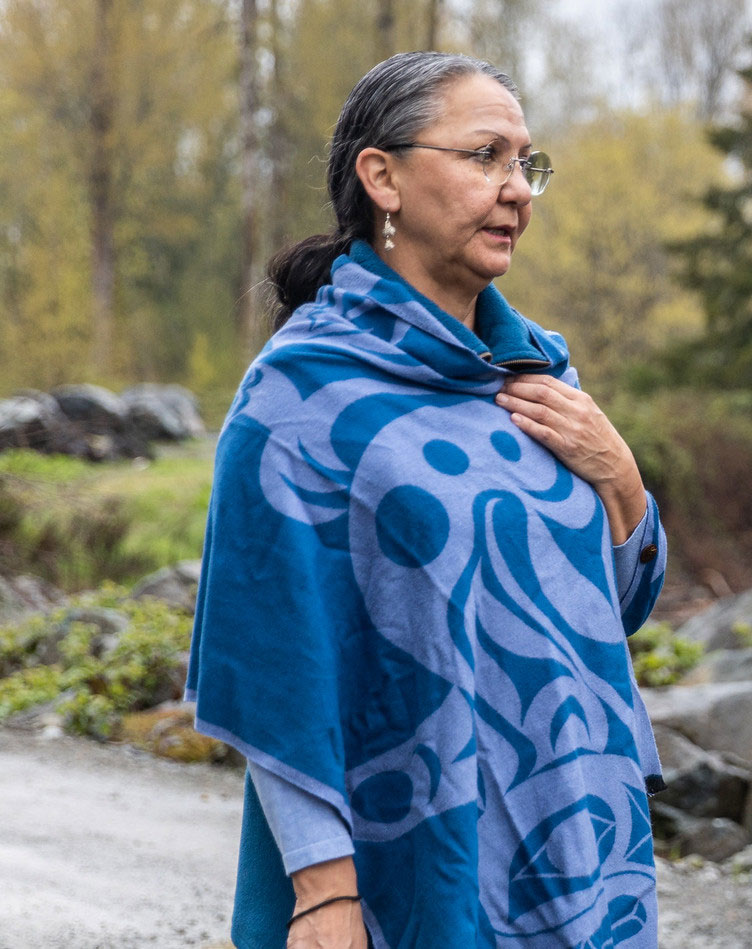
A life in the making
Growing up in Quamichan village, about 45 kilometres north of Victoria, Hwitsum said her mother taught her how to be a strong, Indigenous female leader and lift up those around her.
“She had a voice when Indigenous women's voices were being pushed down,” she said.
From graduating law school to being named B.C. treaty commissioner, Hwitsum’s mother’s lessons have carried her far. Among the many hats Hwitsum wears, she is currently co-chair of the BC-First Nations Water Table, principal at Hwitsum Consulting, chair of the First Nations Water Caucus and, most importantly, a grandmother.
“I'm doing a lot of different things,” she explained. “It's just the nature of the way I like to work, is being able to be involved.”
“Some of the things I'm dealing with are really challenging and our First Nations people have faced so much that I think I'm driven by some of those underpinnings of commitment to community and well-being that my mom had.”
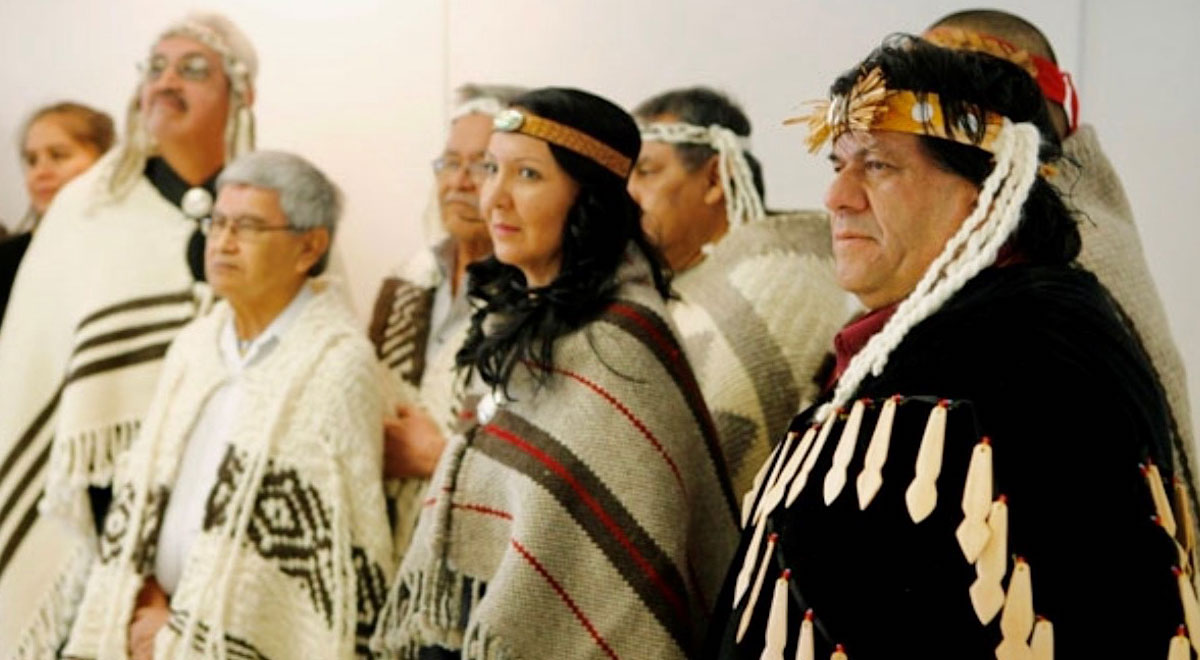
Bringing Cowichan principles into practice
In everything Hwitsum does, she carries with her a traditional Cowichan principle called Nutsa’maat. Derived from discussions she has had with elders, Hwitsum defines Nutsa’maat kwus yayus th ’Qa as “working together for water.”
“It's a system of how we're going to work together, while still respecting each other in that process,” she explained.
Hwitsum said that, while establishing the Cowichan Watershed Board, she employed Nutsa’maat to ensure every level of government working together was being respected.
“We don't agree on everything. But when it comes to water, we're going to work together. And that's the Nutsa’maat commitment,” she said. “Bring whatever authority you have, because none of us take authority from each other. We all have these existing authorities. And so with Nutsa’maat you find that commitment to a common objective.”
This principle also played an important part in Hwitsum’s contribution to helping create the First Nations Health Authority. In the beginning, she said, there were so many different committees being formed by the various groups involved that she had to take a step back and invite everyone to sit at the same table.
“We're all asserting these authorities, but we're all trying to represent and make things better for First Nations people,” she said. “What if we all put our envelopes into that one circle, and made a broader strategy to do that work. In a way, that's Nutsa’maat in action.”
From community action to ongoing recognition
Zita Botelho, director of Watersheds BC, wrote in a letter of support for Hwitsum’s Land Champion nomination that the Cowichan Watershed Board has become a nationally recognized example of co-governance between First Nations and local government.
Hwitsum’s use of Nutsa’maat is a key principle for the Cowichan Watershed Board, says Botelho, showing her ability “to share her embodied cultural teachings and perspective through her leadership and voice that have in turn helped shape a critical outcome in the freshwater governance and management space.”
Botelho also notes how during her time working with the provincial and federal governments, Hwitsum’s expertise was requested by the B.C. Ministry of Environment and Environment Canada.
Botelho is one of six prominent provincial leaders who signed their name in support of Hwitsum’s nomination. But Hwitsum said recognition is not why she does this work.
“I am a stronger advocate for the natural world, I'm a stronger advocate for anybody I'm working for than I am for myself,” she said. “So I wouldn't go out there and say, ‘Hey, I better get an award.’ But it feels good to be acknowledged.”
The recognition is mostly exciting because it may help spread awareness of her work and principles beyond Cowichan, Hwitsum said.
“I think it's going to lift up the whole of watershed type of thinking, the collaborative approach to governance.”
The more it spreads, the more likely Hwitsum’s work will still be intact for future generations.
“I want it to be ‘Here's what we did. We made a difference. We changed the system, and we're going to see that impact for generations.’” ![]()
Read more: Indigenous, Environment, Urban Planning
This article is part of a Tyee Presents initiative. Tyee Presents is the special sponsored content section within The Tyee where we highlight contests, events and other initiatives that are either put on by us or by our select partners. The Tyee does not and cannot vouch for or endorse products advertised on The Tyee. We choose our partners carefully and consciously, to fit with The Tyee’s reputation as B.C.’s Home for News, Culture and Solutions. Learn more about Tyee Presents here.
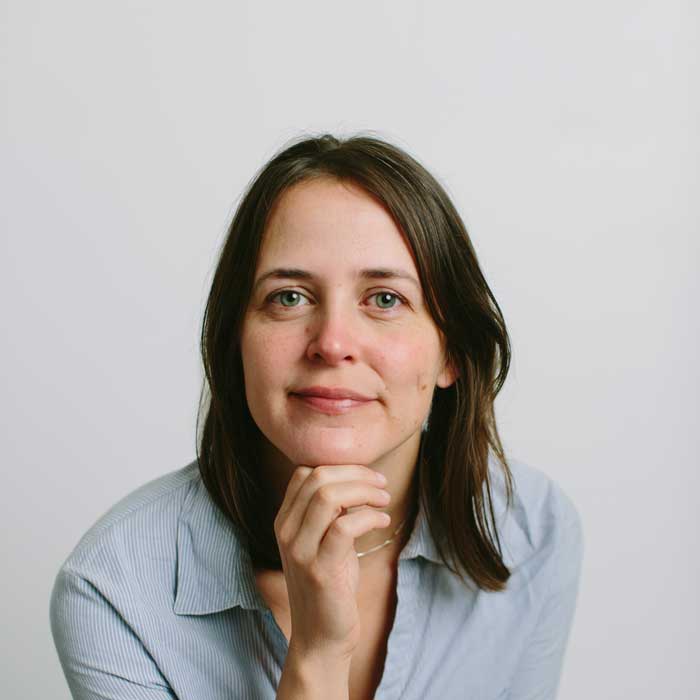


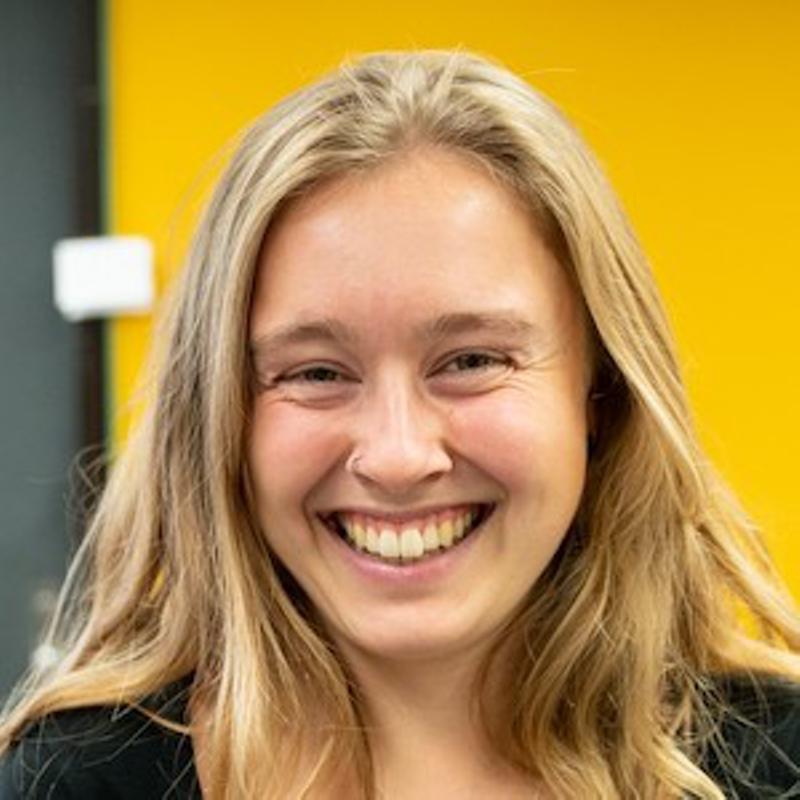

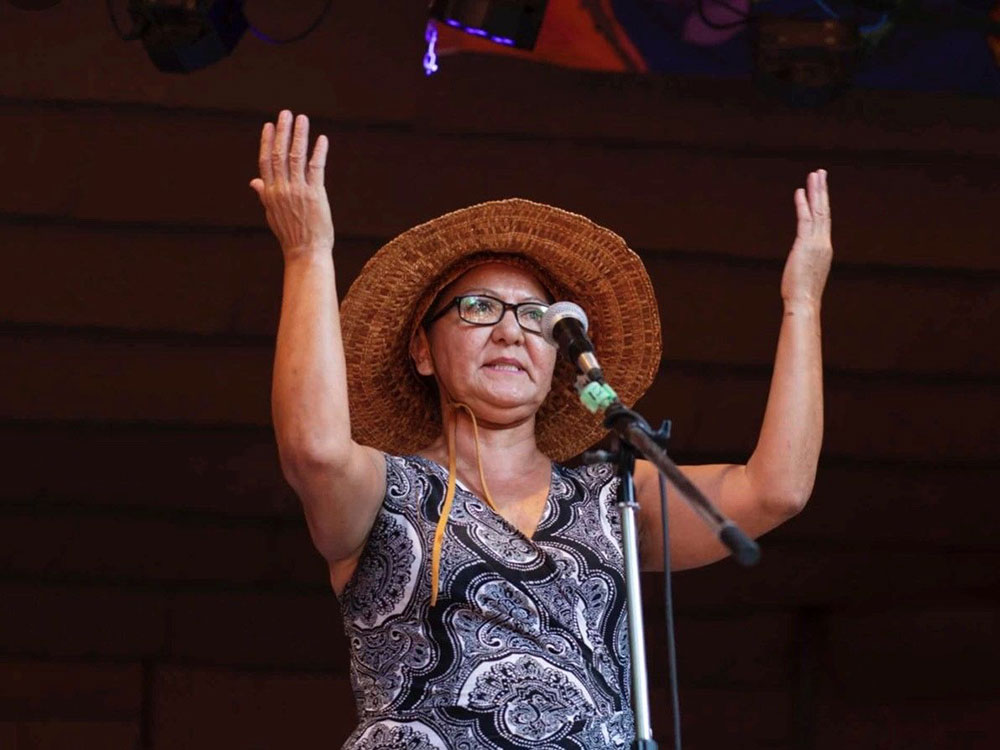
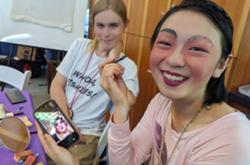
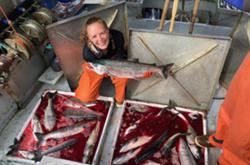

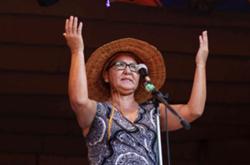
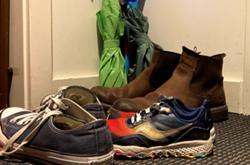

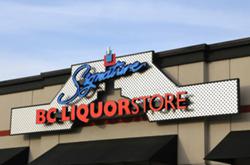
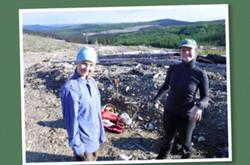



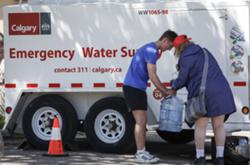
Tyee Commenting Guidelines
Comments that violate guidelines risk being deleted, and violations may result in a temporary or permanent user ban. Maintain the spirit of good conversation to stay in the discussion and be patient with moderators. Comments are reviewed regularly but not in real time.
Do:
Do not: